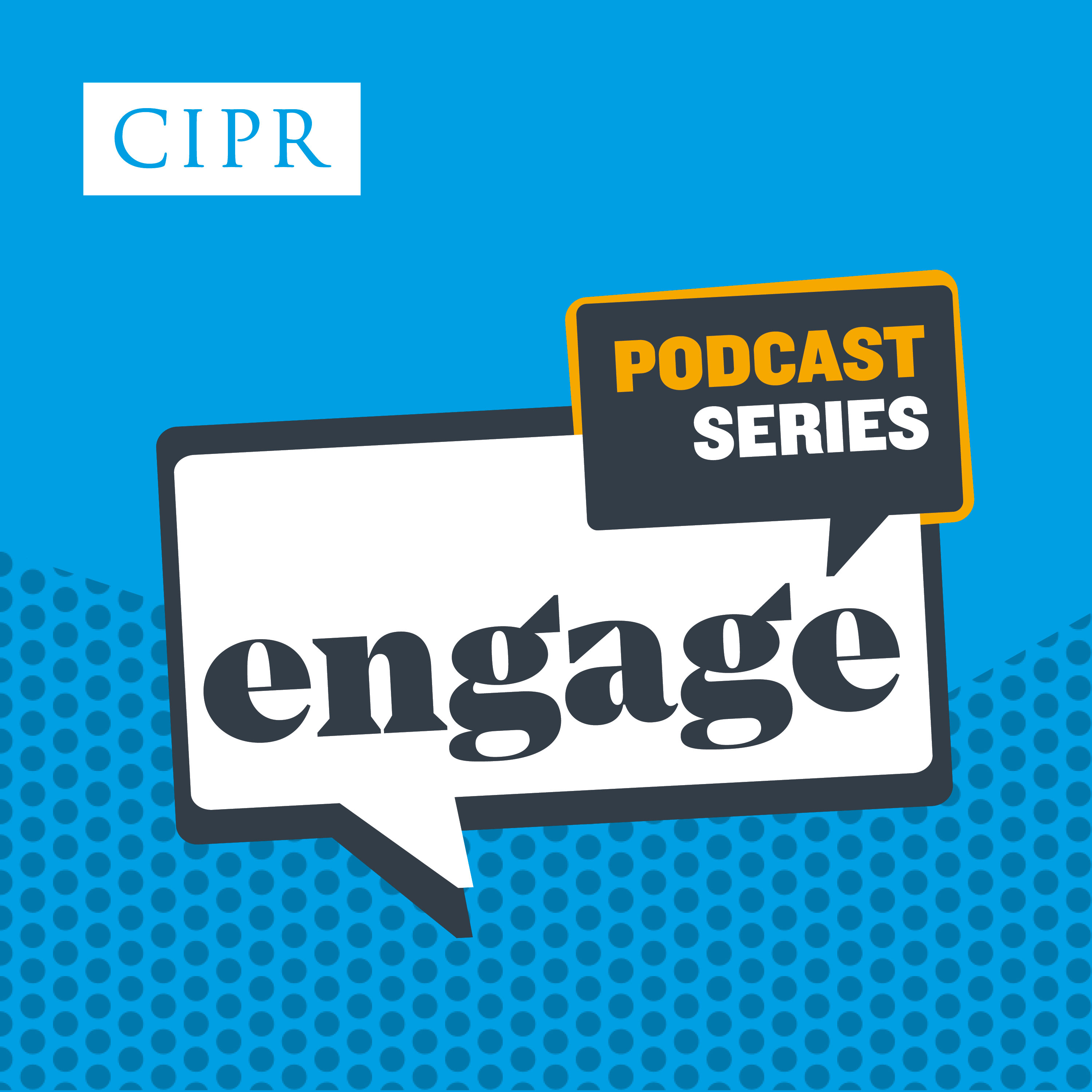
Bite Size Comms
Bite Size Comms is a weekly podcast that will give you a perspective on an aspect of public relations and communications practice. Bite size as they are short opinion pieces on topical issues. The episodes are sometimes contentious, sometimes funny, and they all aim to provoke thought.
Thanks for listening.
Bite Size Comms
Learning at Work Week
Learning at Work is all about professional development. Something we should do regularly, although it is good to have a week to promote it. I recommend six points to my PR apprentices on how they can continue to develop as professional communicators upon completing their studies. Some of the points may interest you, too.
#CIPR Learn #LearningAtWorkWeek
Learning at Work Week, 13 - 17 May 2024
The Chartered Institute of Public Relations is participating in Learning at Work Week. They promise learning goodies on their website at the start of the week, 13 May. Learning at Work is all about professional development. Something we should do regularly, although it is good to have a week to promote it.
I recommend the following six points to my PR apprentices on how they can continue to develop as professional communicators upon completing their studies. Some of the points may interest you, too.
#1. Mentor
Find a mentor—someone with considerable experience in communications who would be willing to advise and guide you occasionally. The mentor may be someone within your organisation or outside. The cost is nothing, although buying your mentor a coffee every so often would be thoughtful!
#2. Reading
There is plenty of great reading online. For example, CIPR’s Weekly Influence magazine, Provoke Media, PR Moment, All Things IC blog, and Comms2point0. Don’t forget the many excellent PR thought pieces and newsletters on LinkedIn, too! Check out Stephen Waddington, Jenni Field, Amanda Coleman, Stuart Bruce, Gini Dietrich, Andrew Bruce Smith, Ben Verinder, Heather Yaxley, Andy Green and Richard Bailey. The cost is nothing.
#3. Listening
There are a bunch of regular podcasts covering aspects of PR, such as When it Hits the Fan (crisis comms), Public Affairs in Practice, Candid Comms (internal comms), CIPR Engage, PRCA Fuse, and Bite Size Comms. A bias warning—the last one is mine! They are all free.
#4. CIPR Membership and doing CPD
My favourite things about CIPR membership are:
- Regional groups organise events and meet-ups, both in person and online. I love the lunchtime free online webinars that many organise. As a CIPR member, you can join any region’s group activity. There are also sector-specific groups.
- Access to CIPR-member-only resources such as skills guides and many more Influence magazine articles.
- The Continuous Professional Development scheme. You are tasked to get 60 points a year from different activities. The site has over 1,800 recorded webinars and written articles.
The cost is £253 a year.
#5. Accredited and Chartered Practitioner
If you are a member of CIPR, you can work towards Accredited Practitioner status and eventually Chartered Practitioner. I’m an assessor for the Chartered Practitioner assessment days, and they are hard work - for the participants and me! However, preparing for the assessment day will hone your knowledge and skills. You gain Accredited Practitioner status after completing two continuous years of the CPD scheme.
The Chartership Assessment Day fee is £310. There is nothing more to pay on top of the CIPR membership fee for Accredited Practitioner status.
#6. CIPR Qualifications
Professional Certificate, Professional Diploma, or one of the Specialist Diplomas: There are a range of qualifications at different levels. On average, the Specialist Diplomas take six months to complete, and the Certificate and Diploma take one year. It is well worth doing, although it is a bigger investment in time and money, from around £1500 - £2500.
Do consider how you keep up to date with professional practice during Learning at Work Week.
#CIPR Learn #LearningAtWorkWeek





